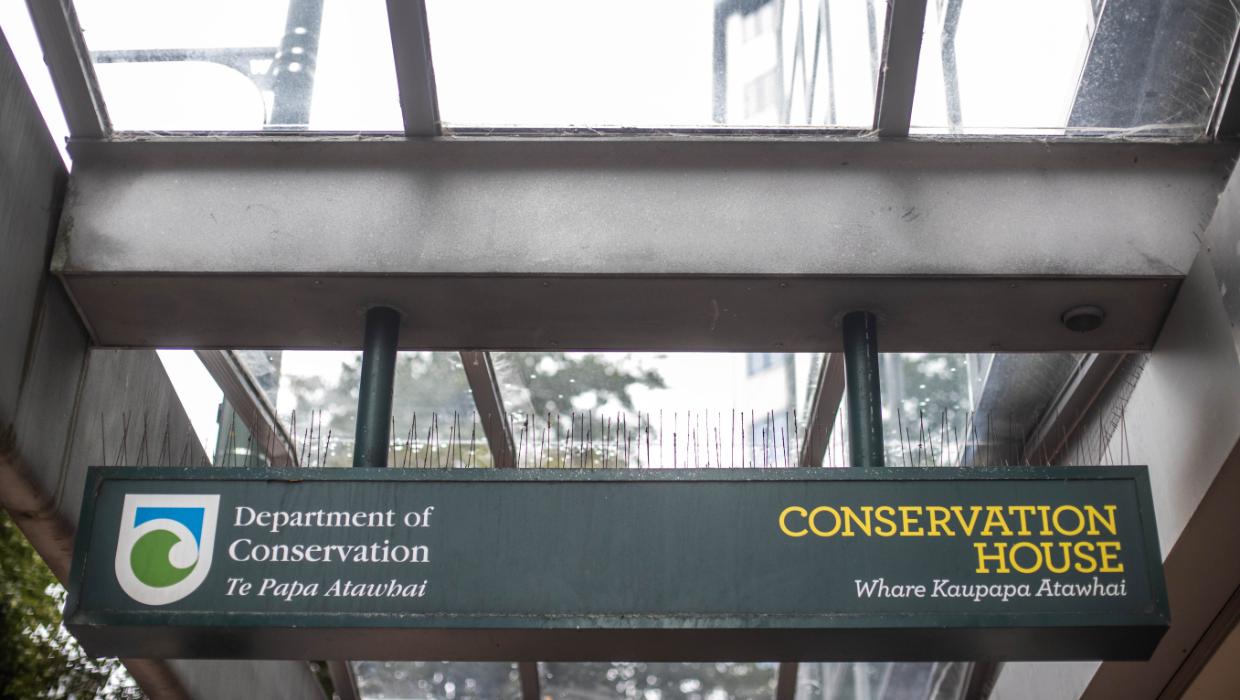Top Stories
Over 70 Jobs Cut at New Zealand’s Department of Conservation

The New Zealand government has announced that more than 70 jobs will be eliminated at the Department of Conservation (DOC) due to significant funding cuts. This decision has raised concerns among environmental advocates, who argue that such reductions jeopardize the country’s natural resources and wildlife preservation efforts.
The Public Service Association (PSA) has criticized the funding squeeze, asserting that it undermines DOC’s ability to effectively manage New Zealand’s unique ecosystems. The PSA emphasizes that these job losses will hinder vital conservation work, including biodiversity protection and habitat restoration.
Impact on Conservation Efforts
The funding reductions come amid broader budgetary constraints faced by the New Zealand government. According to DOC officials, the cuts will affect various programs aimed at safeguarding the environment. The PSA has highlighted that fewer resources will lead to increased challenges in addressing issues such as invasive species and climate change impacts.
Environmentalists are particularly alarmed by the potential consequences of these job cuts. They argue that New Zealand’s rich biodiversity, which includes numerous endemic species, is at risk. The PSA’s General Secretary, AP, stated, “We are deeply concerned about the long-term implications for our natural heritage. This is not just about jobs; it is about the future of our environment.”
Government Response and Future Outlook
In response to the backlash, government officials have defended the budget cuts as a necessary measure to streamline operations. They argue that efficiency improvements within DOC can mitigate the impact of job losses. Nonetheless, critics insist that without adequate funding, the department’s capacity to fulfill its mandate will be severely compromised.
As discussions continue regarding the future of conservation in New Zealand, the PSA is calling for a reevaluation of the budget cuts and a renewed commitment to environmental protection. The outcome of these conversations will play a crucial role in determining the health of New Zealand’s ecosystems in the years to come.
The situation remains fluid, with stakeholders from various sectors urging the government to reconsider its approach to funding conservation initiatives. The implications of this decision will be closely monitored as the country navigates its environmental priorities amidst economic pressures.
-

 World3 months ago
World3 months agoTest Your Knowledge: Take the Herald’s Afternoon Quiz Today
-

 Sports3 months ago
Sports3 months agoPM Faces Backlash from Fans During Netball Trophy Ceremony
-

 Lifestyle3 months ago
Lifestyle3 months agoDunedin Designers Win Top Award at Hokonui Fashion Event
-

 Sports3 months ago
Sports3 months agoLiam Lawson Launches New Era for Racing Bulls with Strong Start
-

 Lifestyle3 months ago
Lifestyle3 months agoDisney Fan Reveals Dress Code Tips for Park Visitors
-

 Health3 months ago
Health3 months agoWalking Faster Offers Major Health Benefits for Older Adults
-

 World3 months ago
World3 months agoCoalition Forms to Preserve Māori Wards in Hawke’s Bay
-

 Politics3 months ago
Politics3 months agoScots Rally with Humor and Music to Protest Trump’s Visit
-

 Top Stories3 months ago
Top Stories3 months agoUK and India Finalize Trade Deal to Boost Economic Ties
-

 Entertainment3 months ago
Entertainment3 months agoExperience the Excitement of ‘Chief of War’ in Oʻahu
-

 World3 months ago
World3 months agoHuntly Begins Water Pipe Flushing to Resolve Brown Water Issue
-

 Science3 months ago
Science3 months agoNew Interactive Map Reveals Wairarapa Valley’s Geological Secrets








